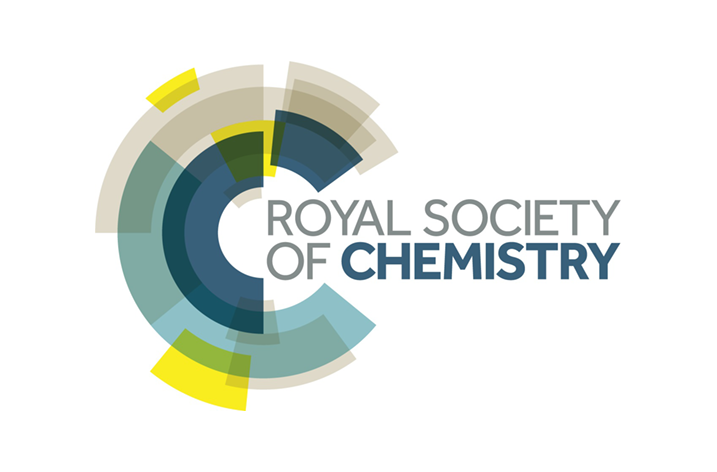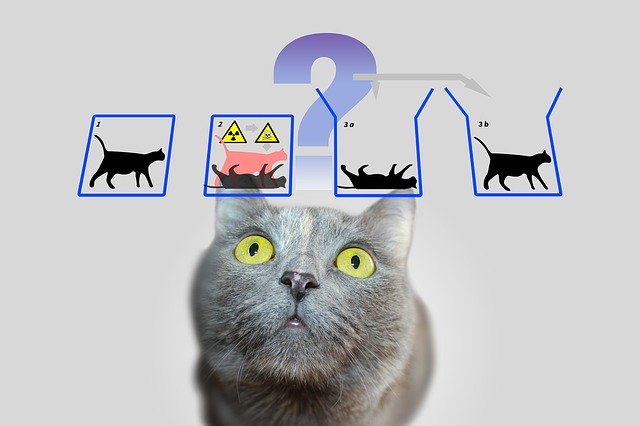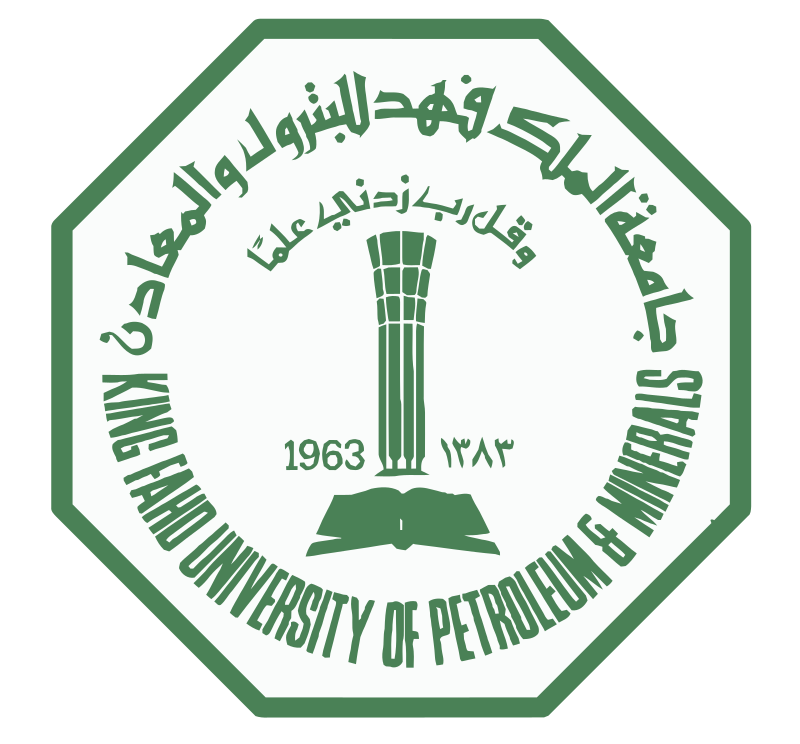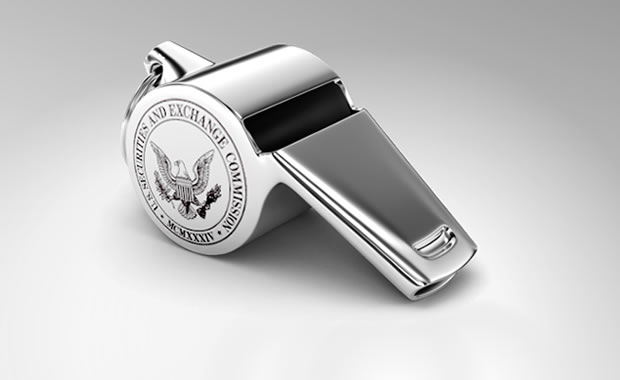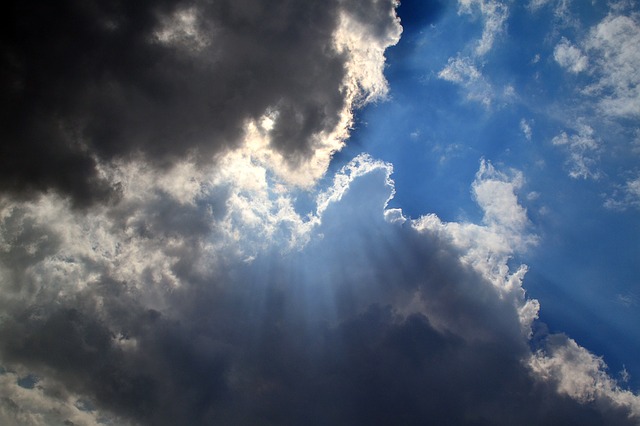A pair of researchers in India have lost a 2017 paper published by the UK’s Royal Society of Chemistry after an inquiry found that they’d stolen the guts of the work from an unpublished manuscript one of them had reviewed for another journal.
The article in question, “Tri-s-triazine (s-heptazine), a novel electron-deficient core for soft self-assembled supramolecular structures,” appeared in Chemical Communications was submitted on August 4, 2017 and published on September 25, 2017, and was written by Irla Kumar and Sandeep Kumar, of the Raman Research Institute in Bangalore.
Sandeep Kumar, who is now retired, was a leading figure in the field of liquid crystals. The Royal Society of Chemistry feted him as one of the “most cited” researchers in Chemical Communications and another of its journals in 2006 and 2007. He also served on the editorial boards of several journals, including Liquid Crystals — a post that is particularly relevant in light of what follows.
According to the retraction notice:
Continue reading Peer review bandits purloin again, this time in chemistry


